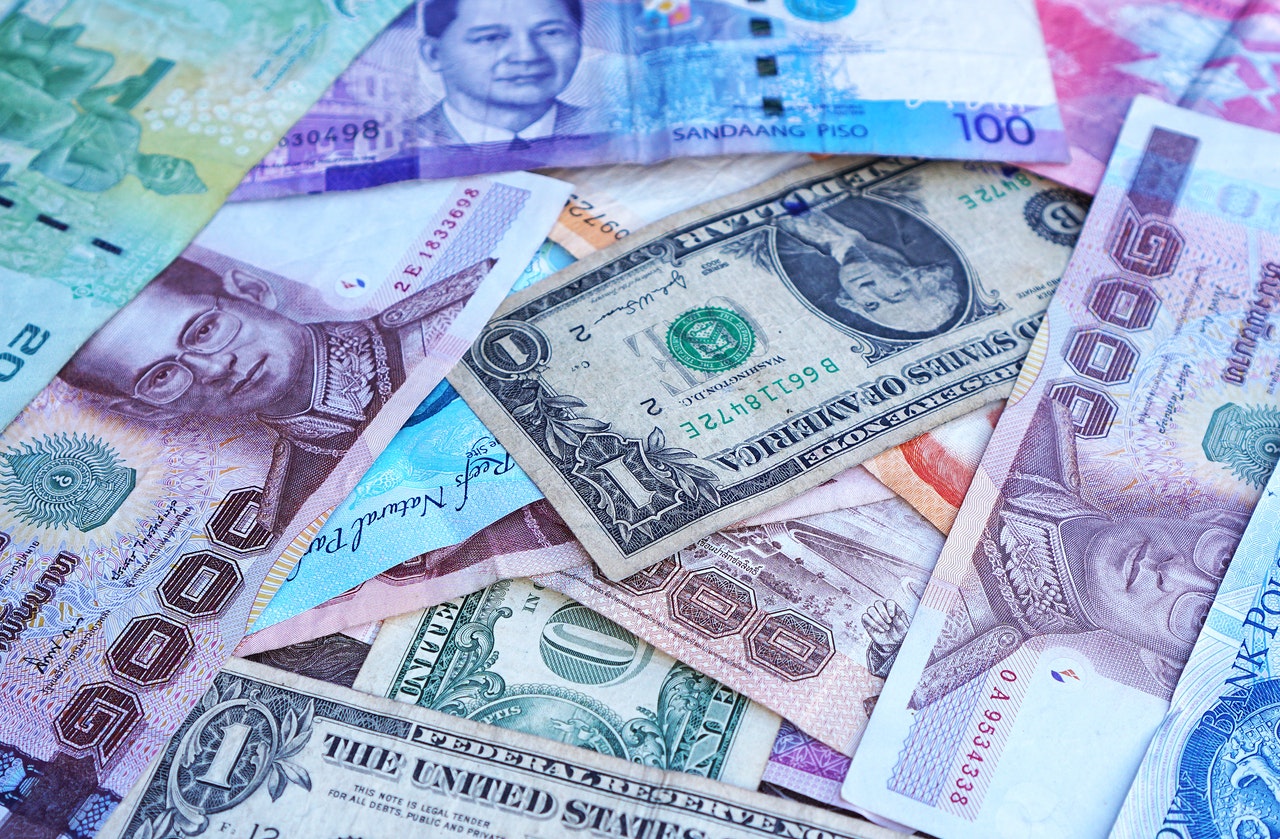Since the internet has entered into our public domain, it has revolutionised the way we interact and do business. The internet has so far been mainly a marketplace for information. The internet has allowed us to communicate and exchange better — more quickly, more efficiently. It enables more people to work outside office or home and still stay connected and keep informed of the outside world, using their smartphones.
The blockchain is the next internet innovation (Internet 2.0). It is a digital, decentralised, distributed ledger. It stores valued assets. At their most fundamental level, ledgers map up economic and social relationships.
Any Blockchain asset’s value is generally decided by 3 factors:
- How many people are interested in the value = supply & demand
- The asset’s ability to generate profits for its holder = cashflow
- The holder’s ability to liquidate an asset = liquidity
With Blockchain, it may revolutionise the exchange of value such as cash, securities or contracts (which is still highly inefficient currently).
| Internet Era | Blockchain Era |
| 1994 The First Web browser Netscape was born; no real concept of internet industry or business yet | 2008 – 2013 Bitcoin Blockchain Use Case only; Bitcoin was created to solve 2 distinct yet related problems: A decentralized electronic store of value and quick cheap p2p payments without intermediaries or gatekeepers |
| 1995 Netscape IPO started the dot.com craze; Search Engines like AltaVista, Yahoo were born; tourism related businesses on web also took off. | 2013 – 2015 Fascination of Bitcoin, Ethereum & Litecoin grew and followed by other more speculative growth in crypto assets; Crypto transactions are more widespread with the tremendous growth in new Crypto exchanges. Mini Crypto Assets booms and busts happened, mainly triggered by hacking at crypto exchanges; The fear factor of loss retarded the growth of cyptocurrency to become more mainstream |
| From 1995 to 2000, a period of extreme growth in the usage and adaptation of the Internet. Google search engine was born in 1998. It was IPO’ing era and rising stock prices through press releases about partnerships with other internet startups. | 2016 Crypto Exchanges like Binance and related startups flourished. Ethereum blockchain for implementing tokenised economy put more visibility to cryptocurrency world; |
| 2000-2001 Dot.com Bust; While majority of dot.coms disappeared through the years, those focused on real problems were finally able to do so. Most of the core technologies and developer knowledge we still use today was funded out of this dot.com frenzy. | 2017 ERC-20, a technical standard used for smart contracts on the Ethereum blockchain for implementing tokens started the ICO Altcoins Craze; Bitcoin rose to its highest price at USD 19,783 before crashing down together with all the other altcoins. |
| 2002 – 2018 Google become de- facto search engine overtaking Yahoo even with the purchase of AltaVista in 2003; Social media companies became more big time, led by Facebook (2004). Most of the big internet companies today were started around this time. Amazon is the best and most well known example. | 2018 Following ICOing meltdown: Most token funded startups ran out of cash very quickly: A number of crypto projects go kaput: Already financed startups either go bust due to run out of money or go to quiet operation mode; There are quite a few of the serious ICO backed (and privately funded) projects created by super smart people still huming along. These are the people that are actually hunkering down and really thinking through the economic models, mechanics and tools for what they’re doing. |
| 2019 Review The internet companies that flourished didn’t entirely replace the existing overall business space except “old style businesses”. While Amazon has killed a few book stores and Netflix a few video rental companies, by and large, car companies, General Electric, infrastructure, distribution, finance, etc. did not disappear and did not get replaced / destroyed. | 2019 Forecast 5 – 10 Years From Now – How big will the blockchain economy get and how fast? On similar view, the blockchain space may create value and not destroy much of existing internet and established businesses like Google, Facebook, Amazon but it may have greater impact of PayPal business model perhaps. |
During these periods, a young generation of teenagers came into being. They were the Millennials and Gen Zs. Let called the protagonist of these generations, as R.man.
R.man is no stranger to technology, email, smartphone, social media, the sharing economy—even the Internet itself—all emerged during his formative years. It played a vital role in his upbringing.
R.man is already virtually programmed/trained in the use of digital currency already, whether or not he has even thought about it that way yet!
It’s no surprise then that R.man generation are the early adopters of cryptocurrency assets. They will likely to use cryptos to purchase and sell goods if there is a market for it.
| You may also be interested to know more about R.man on the following: |
| Career challenges of millennials and youths |
Blockchain Tech Opportunities for Millennials and Youths Financial challenges of millennials and youths |
Reuben H C Ong (a.k.a Reuben Ong)






